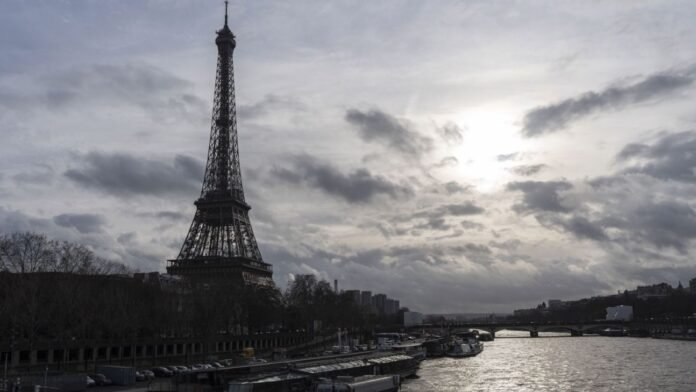Paris Olympics 2024 triathlon event has faced a major setback due to water pollution concerns. Organizers postponed the men’s triathlon, initially scheduled for today, due to contamination in the Seine River, which serves as the venue for the swimming portion of the race. The new date for the event is tentative and will depend entirely on improvements in water quality.
The Seine River was to be opened for swimming for the first time in a century. However, high levels of bacteria, including E. coli, have raised serious concerns. Despite Paris investing approximately $1.5 billion in cleanup efforts to protect the river from sewage and wastewater, recent rainfall has caused a spike in bacterial contamination. This unexpected development has put the triathlon event in jeopardy.
Water pollution can severely affect athletes in multiple ways. Contaminated water poses health risks such as gastrointestinal infections and skin irritations, which can impede performance and recovery. In endurance sports like triathlon, where athletes swim, bike, and run, the impact of water quality issues extends beyond immediate health concerns. Ingesting polluted water or exposure during the swim segment can lead to sickness, compromising overall performance and possibly disqualifying participants who fall ill.
The postponement of the event underscores the challenges cities face when hosting major international sports events, especially those involving natural water bodies. Athletes, particularly those specializing in triathlons, must now deal with uncertainties surrounding their competition schedule and the potential impact on their preparation and performance.
This situation not only affects the athletes but also the organizers and spectators. It highlights the importance of stringent environmental controls and robust contingency plans in major sporting events. As the Paris Olympics continue, all eyes will be on the authorities to ensure that the water quality meets required standards to safely resume the postponed triathlon and other events involving natural water venues.
The delay in the triathlon event due to water pollution has created uncertainty and anxiety among athletes and fans alike. The Seine River, a central feature of the Paris Olympics, was expected to provide a picturesque backdrop for the triathlon. However, the pollution issue has forced organizers to reconsider the schedule, leaving athletes in a state of limbo. They are now faced with adjusting their routines and mental preparations, which can be a significant setback in a sport where peak performance is crucial.
For many triathletes, the swimming leg is a critical component that sets the tone for the rest of the race. A clean and safe swimming environment is essential for optimal performance. Contaminated water not only poses health risks but also disrupts the competitive balance. Athletes accustomed to pristine training conditions may find it challenging to adapt to unexpected changes. The disruption of the schedule can affect their strategic planning and race-day readiness, leading to added stress and potential performance issues.
Additionally, the postponement affects the overall schedule of the Olympics, which is tightly coordinated to accommodate multiple events. Rescheduling the triathlon will require adjustments to the timetable, which could impact other events and logistics. This ripple effect underscores the complexities of managing large-scale international sports events and the need for effective planning and flexibility.
The situation also brings to light broader environmental concerns. The pollution in the Seine River serves as a reminder of the ongoing challenges cities face in maintaining water quality and environmental standards. The investment in cleanup efforts reflects a commitment to addressing these issues, but the incident highlights the importance of continuous monitoring and preventive measures.
As the Paris Olympics move forward, the focus will be on resolving the pollution issues swiftly and ensuring the health and safety of athletes. The outcome of the triathlon, once rescheduled, will not only determine individual achievements but also serve as a testament to the resilience and adaptability of the Olympic spirit.

